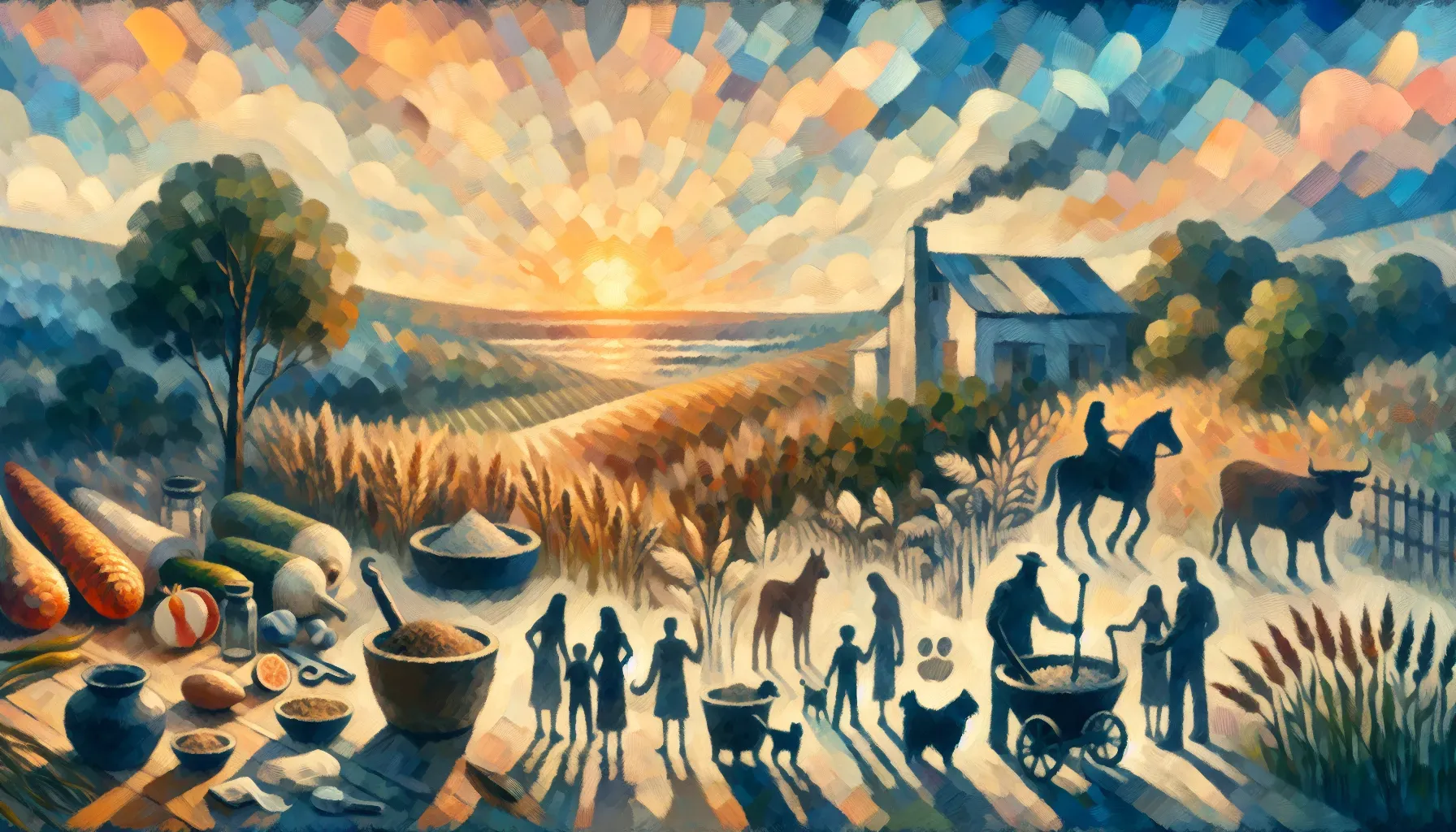The Dawn of Home-Based Pet Care: How Families Became the First Veterinarians

The concept of pet care dates back to ancient civilizations, where humans and animals coexisted within homesteads. Early forms of pet care were deeply intertwined with daily life, as families raised and tended to their animal companions. In these primitive times, pets served various roles, from providing companionship to assisting in hunting and protection.
Unveiling the Roots of Home-Based Pet Care
Families relied on traditional folk remedies to address their pets' ailments, using natural ingredients sourced from their surroundings. These remedies were often passed down through generations, forming an oral tradition of pet care wisdom. The nurturing touch of family members played a pivotal role in the well-being of their animal counterparts.
Folk Remedies: Ancient Family Practices in Pet Care
As societies evolved, so did the dynamics of human-animal relationships. The shift from nomadic lifestyles to settled communities marked a significant change in how pets were cared for. Animals transitioned from working roles to becoming cherished members of households, fostering a deeper emotional connection between humans and their furry companions.
Related Article: Gene Editing for Tailored Pet Medicine: Charting its Transformative Influence and Ethical Repercussions Over Time
The Evolution of the Human-Animal Bond
Historically, pet diets mirrored human diets, often consisting of table scraps and leftovers. However, with advancements in veterinary science and nutrition, there has been a paradigm shift in pet diets. Today, specially formulated pet food and dietary supplements cater to the specific nutritional needs of different animal species, ensuring their overall health and longevity.
The transition from animal husbandry to keeping pets solely for companionship marked a pivotal moment in the history of pet care. This transformation led to a redefined set of responsibilities for families, emphasizing the emotional and physical well-being of their beloved animals.
Transformation of Pet Diets: From Scraps to Supplements
Throughout history, families have passed down invaluable knowledge about pet care through storytelling and shared experiences. These narratives not only preserved ancestral practices but also fostered a sense of unity within communities, solidifying the bond between humans and animals.
Related Article: The Promise of Remote Veterinary Care: Redefining Access to Healthcare for Pets Worldwide
Shifts in Care Dynamics: From Husbandry to Companionship
Pets have played an integral role in strengthening family ties and community bonds across cultures. Their presence has been known to alleviate stress, facilitate social interactions, and provide unwavering companionship. As such, pets have become an indispensable part of family life, enriching the overall well-being of their human counterparts.
The Oral Tradition of Pet Care Wisdom Among Families
Historical manuscripts offer a window into the past, providing insights into the significance placed on caring for animals throughout different eras. These texts shed light on the reverence and attention given to pets, highlighting their status as revered members of the family unit.
The history of pet care is deeply intertwined with the evolution of human civilization. From humble beginnings rooted in ancient homesteads to the present-day understanding of companion animal welfare, families have remained at the forefront of nurturing and safeguarding their beloved pets. Join us at Tails' Talks as we continue to explore the timeless bond between humans and animals through our shared history.
Frequently Asked Questions
In ancient civilizations, pets served various essential roles, including companionship, hunting assistance, and protection. Families raised these animals within their homesteads, integrating them into daily life. This close relationship laid the foundation for the deep emotional bonds we share with pets today.
Historically, pet diets consisted mainly of table scraps and leftovers from human meals. However, advancements in veterinary science have led to specially formulated pet foods that cater to the unique nutritional needs of different species, promoting better health and longevity for pets.
The oral tradition of passing down pet care knowledge is crucial as it preserves valuable practices and wisdom across generations. These shared stories foster community bonds and ensure that families continue to nurture their pets with love and informed care techniques.






